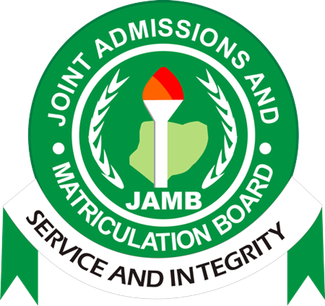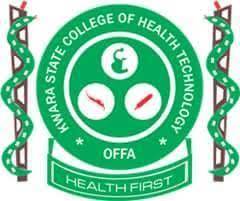FG to develop guidelines for outstanding students amid 18-year admission limit


The federal government has announced plans to develop guidelines to address the 18-year age limit for university admission.
The government also stated that the 18-year age limit does not apply to students taking WAEC, NECO, NABTEB, or other ordinary-level exams.
Minister of Education Prof. Tahir Mamman, in his keynote statement at the Ministerial Session of the 68th National Council on Education meeting in Abuja on Thursday, stressed the need for policy clarity.
The 68th NCE meeting focused on “Innovation, Digital Technology, and Entrepreneurship: Tools for Education and National Development in the 21st Century.”
It should be noted that Prof. Mamman indicated in July that candidates under the age of 18 will be barred from taking the Senior Secondary Certificate Examination, which is required for entrance to tertiary institutions, beginning in 2025.
This announcement provoked a heated controversy among education stakeholders and parents.
Mamman did, however, state that the Ministry intended to develop guidelines for exceptionally intelligent students who may not meet the age criteria.
“There is a need to clarify the misconceptions surrounding the 18-year age limit for university admissions.
“The Ministry is simply emphasising the age requirement for entry into tertiary institutions as outlined in the National Policy on Education, the UBEC Act, and the Education (Minimum) Standards Act 1993, not the age for participating in WAEC, NECO, NABTEB, or any ordinary level examinations.
“However, the Ministry acknowledges that some children are exceptionally intelligent and the Ministry will work out a guideline to deal with cases of genuine exceptionally intelligent learners.”
Mamman also addressed the imminent rollout of a new curriculum for basic and senior secondary education in Nigeria, which begins in October.
He stated that the goal of this curriculum is to integrate knowledge, skills, and values while emphasising the importance of preparing students for productive lives.
He thanked the National Educational Research and Development Council for its efforts in establishing the curriculum based on the national skills framework.
In addition, Dr. Yusuf Sununu Tanko, Minister of State for Education, stressed the need of developing young Nigerians’ creative and innovative abilities. He advocated initiatives to assist students in transforming their ideas into profitable businesses and career opportunities.
“It is crucial that our approach addresses existing challenges while considering the diverse interests within our nation,” he stated, expressing confidence that the meeting would yield meaningful recommendations for the education sector.
The results of the NCE session will be compiled into a communiqué at the end of the meeting.








